Publications
Articles, publications, books, tools and multimedia features from the U.S. Institute of Peace provide the latest news, analysis, research findings, practitioner guides and reports, all related to the conflict zones and issues that are at the center of the Institute’s work to prevent and reduce violent conflict.
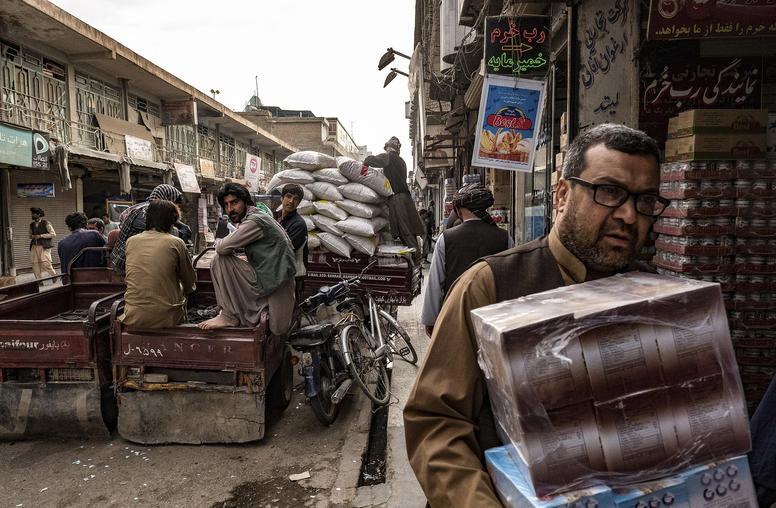
Will Rising U.S.-Iran Tensions Spark Afghan Proxy War?
Rising tensions between the United States and Iran—illustrated and exacerbated by the January 3 assassination of Iranian General Qassem Soleimani—are rippling out beyond the Middle East. Now, American officials are voicing growing concern about Iranian activities in Afghanistan. In recent weeks, Secretary of State Mike Pompeo said that Iran is supporting militant groups in the country and seeking to undermine the peace process between the U.S. and the Taliban. A top U.S. general for the region, meanwhile, warned that Iranian actions in Afghanistan pose a risk to the approximately 14,000 American troops deployed there.
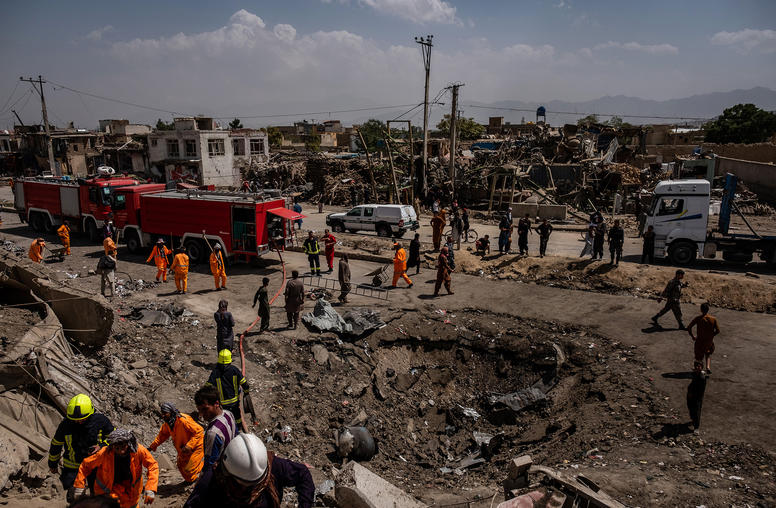
Intolerance of Atrocity Crimes in Ukraine Should Apply to Afghanistan
Russia’s war of aggression against Ukraine has caused massive loss of life and destruction of property, forcing millions to seek refuge in neighboring countries. There is mounting evidence that the Russian military has committed war crimes and crimes against humanity, intentionally attacking Ukrainian civilians. The urgent attention that Western countries have given to Russian war crimes and other atrocities in Ukraine has the potential to provide some accountability for gross violations of human rights as well as to shore up a faltering framework of international human rights law.
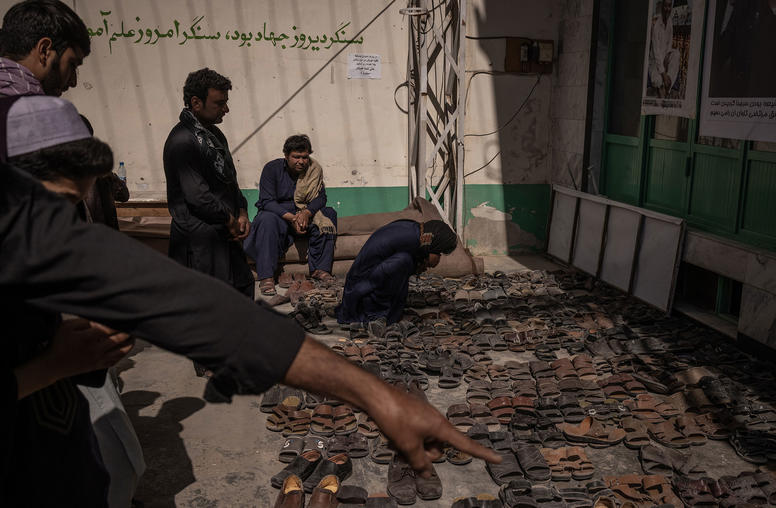
Four Ways the U.S. Can Help Prevent Mass Atrocities in Afghanistan
Following the Taliban’s August 2021 takeover, the risk of mass atrocities in Afghanistan has risen considerably, with multiple groups facing imminent threats of violence.
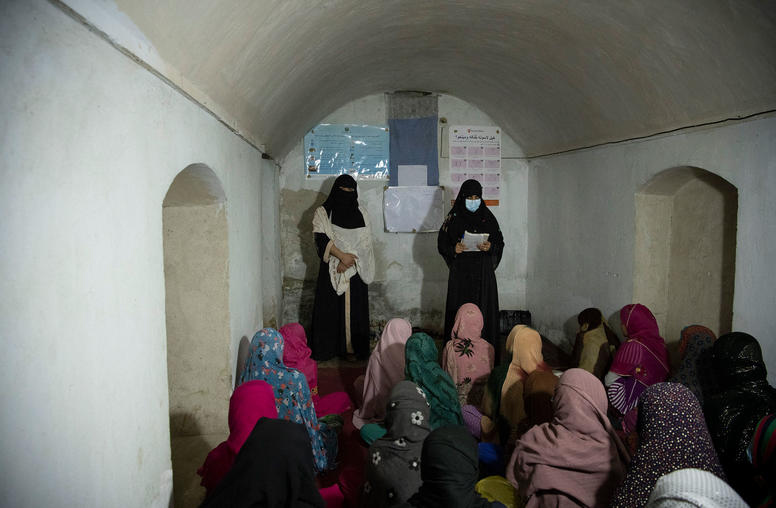
U.N. Conference Highlights Global Unity but Limited Leverage Over the Taliban
Over a year and a half since the Taliban’s takeover of Afghanistan, not a single country has recognized its government. Yet, it has resulted in no change in Taliban behavior. The worst predictions of what Taliban rule could be like have come true, as the regime has implemented unprecedented restrictions on women amid a brutal humanitarian crisis. The situation is so bad that U.N. Secretary-General António Guterres convened a special conference in Doha, Qatar this week — with no Taliban representation — to discuss Afghanistan’s international isolation. While there were no tangible outcomes — evidence of how limited the international community’s leverage really is — it did demonstrate remarkable consensus on the imperative to help the Afghan people.
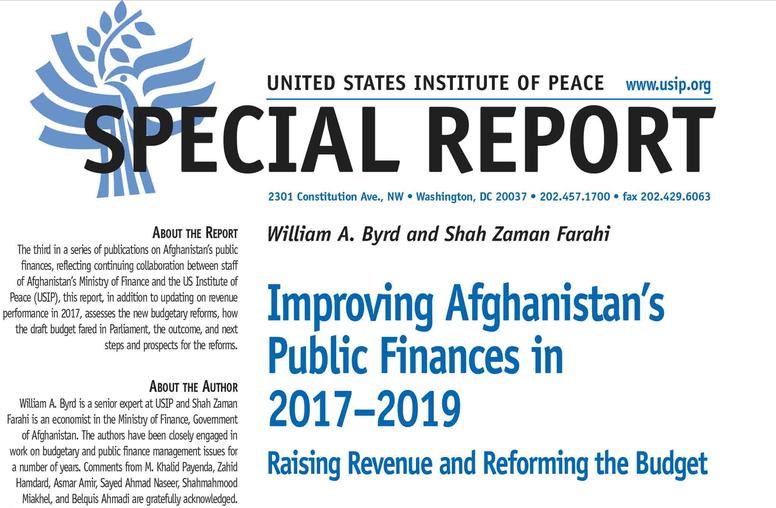
Improving Afghanistan’s Public Finances in 2017–2019: Raising Revenue and Reforming the Budget
The Afghan government has recently embarked on important reforms to the national budget, embodied in the 2018 budget approved by Parliament early this year. This budget sets in motion an envisaged two-year reform process to achieve greater overall transparency, better development programming, and reduced corruption. The third in a series on Afghanistan’s public finances, this report updates revenue performance in 2017 and assesses the new budgetary reforms, how the draft budget fared in Parliament, the outcome, and next steps and prospects for the reforms.
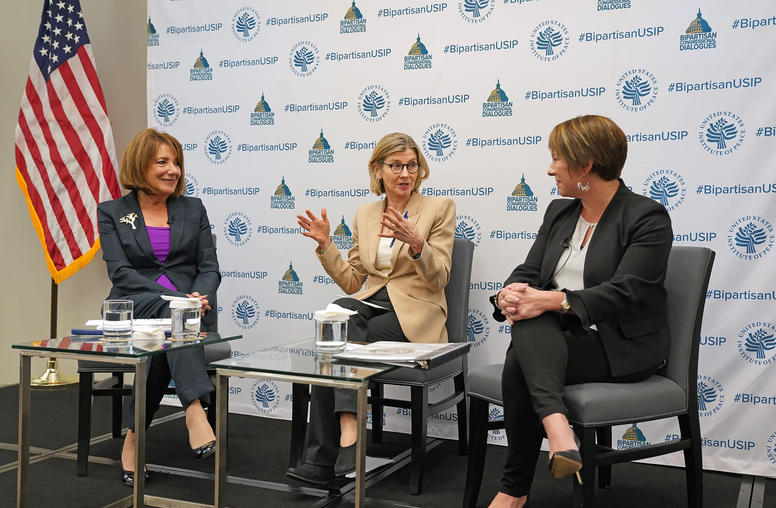
To Protect Afghan Women’s Rights, U.S. Must Remain Engaged
It’s been over a year since the U.S., led by Amb. Zalmay Khalilzad, opened talks with the Taliban aimed at ending the 18-year war. Over that year, Afghan women have demanded a seat at the negotiating table, worried that the hard-won gains made over the last two decades could be in jeopardy. Even with the peace process stalled, “it is vital that the U.S. remain engaged” to ensure that Afghan women’s rights are protected, said Rep. Martha Roby (R-AL) last week at the U.S. Institute of Peace’s latest Bipartisan Congressional Dialogue.
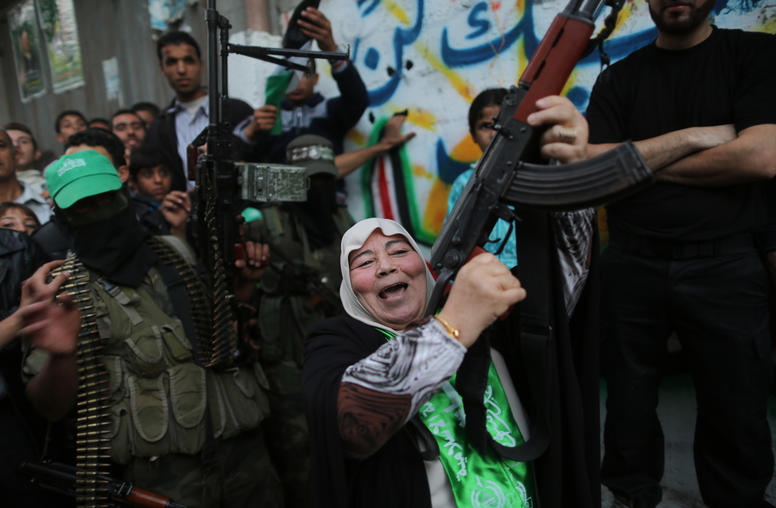
From Nazis to ISIS: Women’s Roles in Violence
From the Nazi regime of the 1940s through the Islamic State of today’s Middle East, an obscured element of history runs though the phenomenon of violent extremism: the participation of women. Contrary to the classic image of women as victims or, at least more recently, peacemakers, new research shows how women can stoke, support and sometimes directly join in violent action, scholars said in a discussion at the U.S. Institute of Peace.
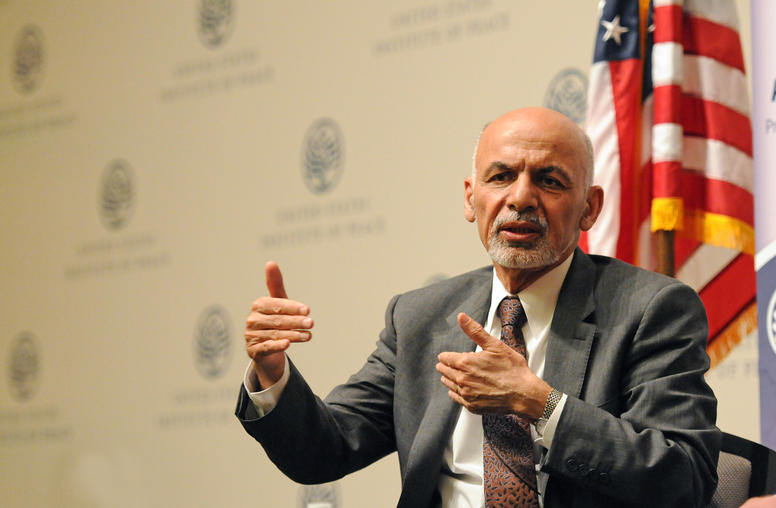
Afghan President Ghani: Freeing Prisoners Can Speed Peace Talks
Afghanistan’s government is accelerating its release of thousands of Taliban prisoners as a step toward peace talks, President Ashraf Ghani told an online audience today. The number of prisoners freed should now surpass 3,000, Ghani said, announcing that 2,000 more will be released “within a very short period.” That move, taking the total of freed Taliban fighters to 5,000, would fulfill a central Taliban pre-condition for peace talks. Ghani voiced optimism that a rare “window of opportunity” has opened for peace negotiations, but said further steps are vital to seize the chance to end the nation’s 40-plus years of warfare.
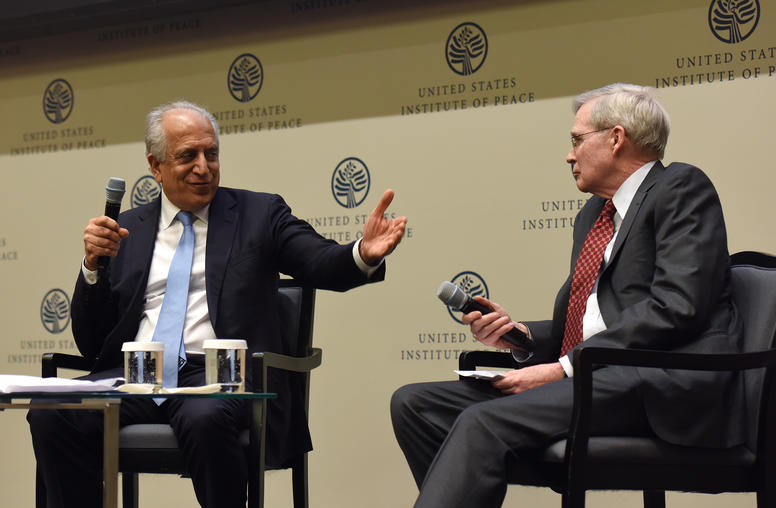
Progress in Taliban Talks, But ‘Long Way to Go’, says U.S. Envoy
Amid a series of positive developments in the Afghan peace process over the last year, a framework for negotiations reached between the U.S. and Taliban has renewed hope that the 17 year-old Afghan conflict could come to a close. Led by Special Representative for Afghanistan Reconciliation Zalmay Khalilzad, the U.S. has agreed in principle to a conditional withdraw of U.S. and allied troops in exchange for the Taliban pledging to not allow Afghanistan to be a safe haven for transnational terrorists, like al-Qaida, as well as agreeing to talks that include the Afghan government and a cease-fire. Despite this progress, “We are in the early stages of a protracted process,” Ambassador Khalilzad said at the U.S. Institute of Peace on February 8. “We have a long way to go.”
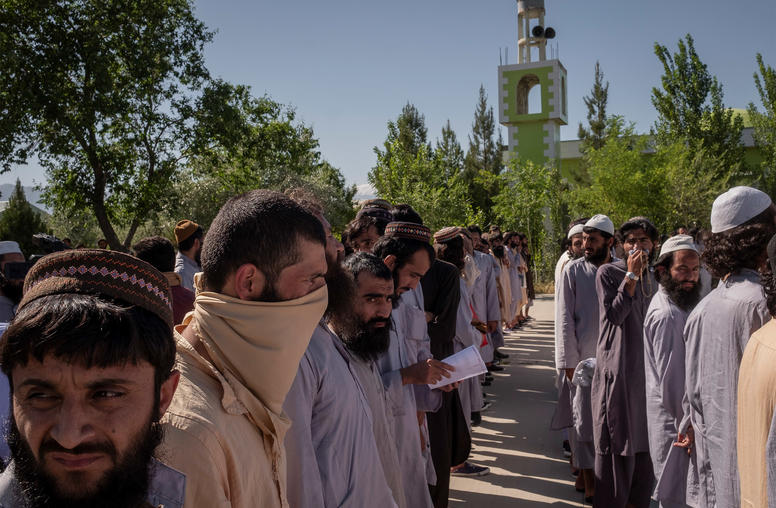
Afghan Government: ‘Optimistic’ on Opening Talks with Taliban
Afghanistan’s government is optimistic that the delayed peace talks with the Taliban can start soon, acting Foreign Minister Mohammed Haneef Atmar told an online audience. Atmar’s comments are the latest sign that one reason for the five-month delay, disputes over the two sides’ release of prisoners they have been holding, may be nearly resolved. Taliban attacks on government forces have continued, and civilian casualties have remained high, as the two sides have wrestled over conditions for starting the talks as envisioned in a February agreement between the United States and the Taliban.